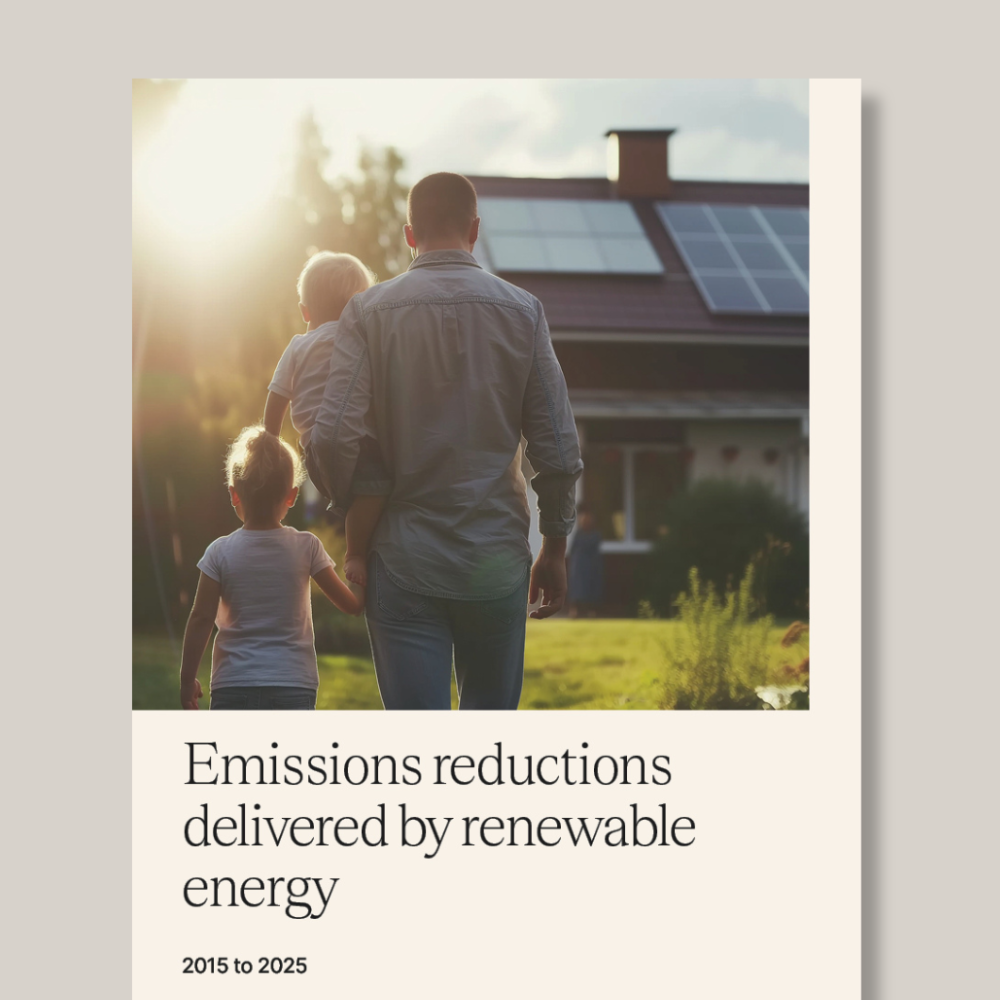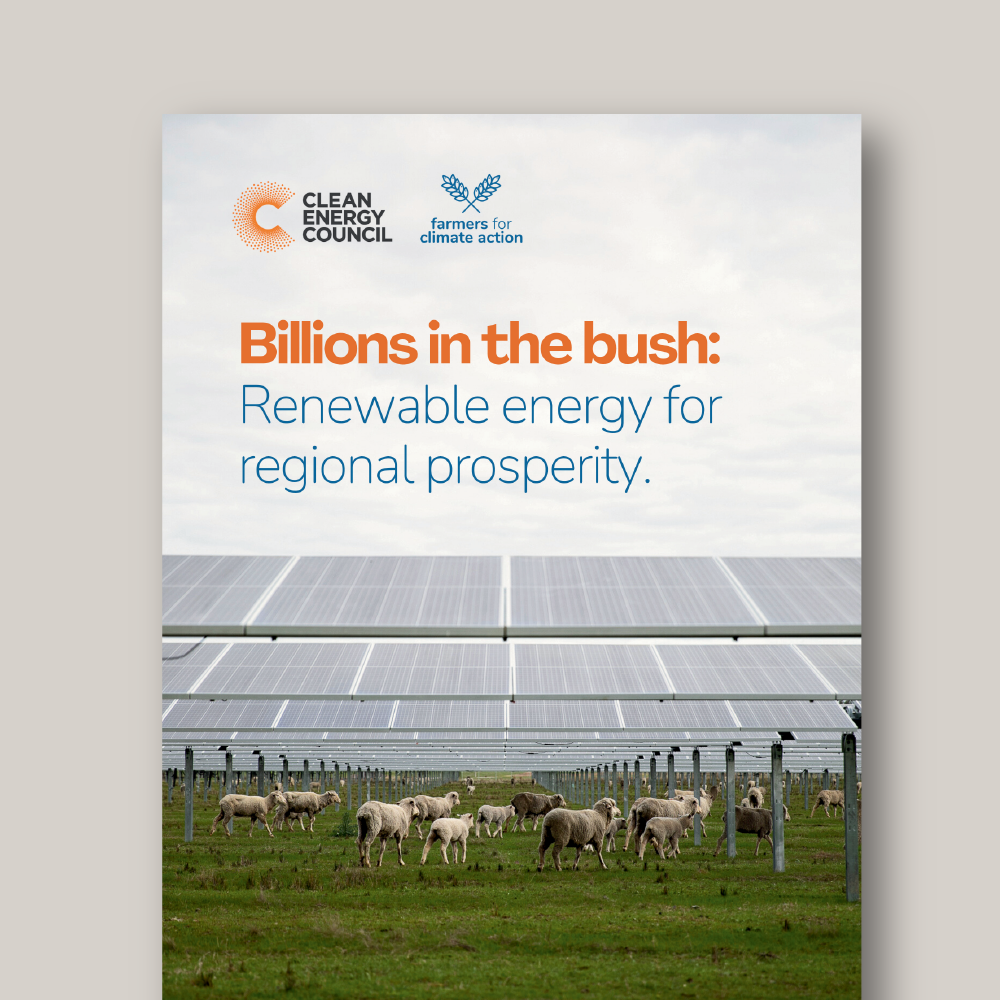My youngest daughter decided she needed more cash to fund her summer gelato intake. She was nine at the time.

Courage
The story of my nine-year-old is one of courage. Courage to take a chance, to challenge traditional thinking and accepted wisdom and courage to accept the possibility of failure.
We have achieved much and we must leverage the confidence of our success, and take that confidence to now take greater risks, move faster and think very differently. We will fail, and from that we must learn, iterate and go again.
Inclusion
We don’t succeed by each of you working harder and giving up your weekends. We succeed by creating a dozen versions of each of you and setting them loose. So, slow down the doing and speed up the fostering.
Leadership they say, cannot be given, it must be taken. Promoting talented folk into leadership positions is important, but to ensure they are successful requires a more profound and proactive approach, so they are ready to take it when called upon, and when their opportunity arises. As well as an investment in time and energy, it requires those already leading to model the right behaviours and norms.
So, as you leave here tonight, can I invite you to dedicate just an hour of your day tomorrow, to fostering the next generation of leaders. Join a mentoring program, hang around by the water cooler and ask every person if they are OK and what their goals are today? Simple questions and actions can have profound effects.
We need diversity of ideas, of styles and mindsets. And we need to be drawing in the best of talent from right across our nation. That’s why our Women in Renewables initiative is so important.
Recent analysis by the Hawthorn Club – an international network for executive women in the energy industry – confirmed what many of us intuitively know, that female leaders care deeply about building positive relationships with their teams and collaborating to get to better outcomes. These are skills and leadership styles needed now more than ever.
Collaboration
Grid connection has been one of the greatest challenges in accelerating our shift to a renewable energy future. The process was inconsistent, lacking in transparency, frustrating and burdensome.
In establishing the Connection Reform Initiative, a unique collaboration by the Clean Energy Council and the Australian Energy Market Operator with a vast collection of experts from across the industry, we recognised that the issue was complex, highly technical and had created much animosity and tension. Creating a safe space for genuine dialogue, to build understanding of common problems and to workshop, debate, iterate on solutions was crucial.
It had no formal authority or governance, but relied on a common desire to identify problems and solve them. It has led to substantial progress and improvement in the connection process. There’s more to do, but the progress we made has demonstrated the power of collaboration. There are dozens of similar problems and complexities that require a similar collaborative approach.
Resilience
We are right now in the midst of a meta-crisis. COVID-19, tragic and brutal wars in the Ukraine and now Gaza and the climate catastrophe and fires and floods and environmental destruction and human suffering. The nightly news is increasingly disturbing.
The compounding impact of global events, creating a sense of growing catastrophe, we can do little about and that have profound effects. We are generally ill-equipped to make sense of these and know how to respond.
Withstanding these events requires a level of practical and emotional resilience. If courage comes from fear, we have vast deposits of fear to draw upon and motivate us. But it’s a tricky balance. For many of these events our action might be to switch off, disassociate and withdraw. That would be human.
Leadership is not necessarily to try and make sense of or to resolve the inherent complexity and confusion that the meta-crisis creates. Often it is to simply recognise this anxiety and focus on what we can control. To be honest about its impact and sit with the discomfort. With a focus on self-care and alignment of our purpose, we can trust that we will be motivated to action and avoid slipping into paralysis.
Lead with purpose
There is nothing more important than spending your life working on something you are passionate about. It makes life exhilarating, gut wrenching and painful. But life without purpose is a shallow and pointless existence.
The stress we feel on a regular basis is borne of great privilege. The privilege of being about to care about the future. The privilege of being able to take action to affect change.
I’ve been shocked at the levels of resilience and human energy we can draw on when its for a cause we believe in. That’s not to say all our lives aren’t full of some contradictions, compromises and examples of cognitive dissonance. We urgently need to reduce greenhouse gas emissions, but I flew on a small and heavily polluting rocket ship to get here today. Acknowledge that, reflect on it and be kind to yourself.
Those of us with the privilege of having a purposeful professional life are at a distinct advantage. We have the ability to direct our anxiety toward action. But that doesn’t make us immune to the other greater crisis – the mental health pandemic.
Self-care
Leaders have been martyrs, pinned to their desk until they are the last person in the office. Only now are we realising that emotional wellbeing is as important as our physical wellbeing. Self-care has not been a feature of traditional masculine leadership. It needs to be.
I’m a MAMIL – cycling is the new golf and I describe my ratbag group of Saturday morning road warriors as a men’s support group. The physical activity is good, but actually the impact on my mental health of hanging out with good people is much more important.
Great leaders have a bias towards action and positivity – that was something the late Chloe Munro who I know touched many people here tonight - reminded me of often.
But that’s not sufficient in the face of enormous complexity, stress and challenges.
Success and happiness will eventually find you if you turn up, and keep turning up. But to do that we need to firstly care for ourselves. We need to fill our own cup before we can fill others.
These are the six principles I think we need to radically embrace – courage, inclusion, collaboration, resilience, purpose and self-care. They are principles that I believe will bring us more happiness, that will support and help others around us.
And most importantly, ensure we have the leadership for Australia to become a global clean energy superpower.





